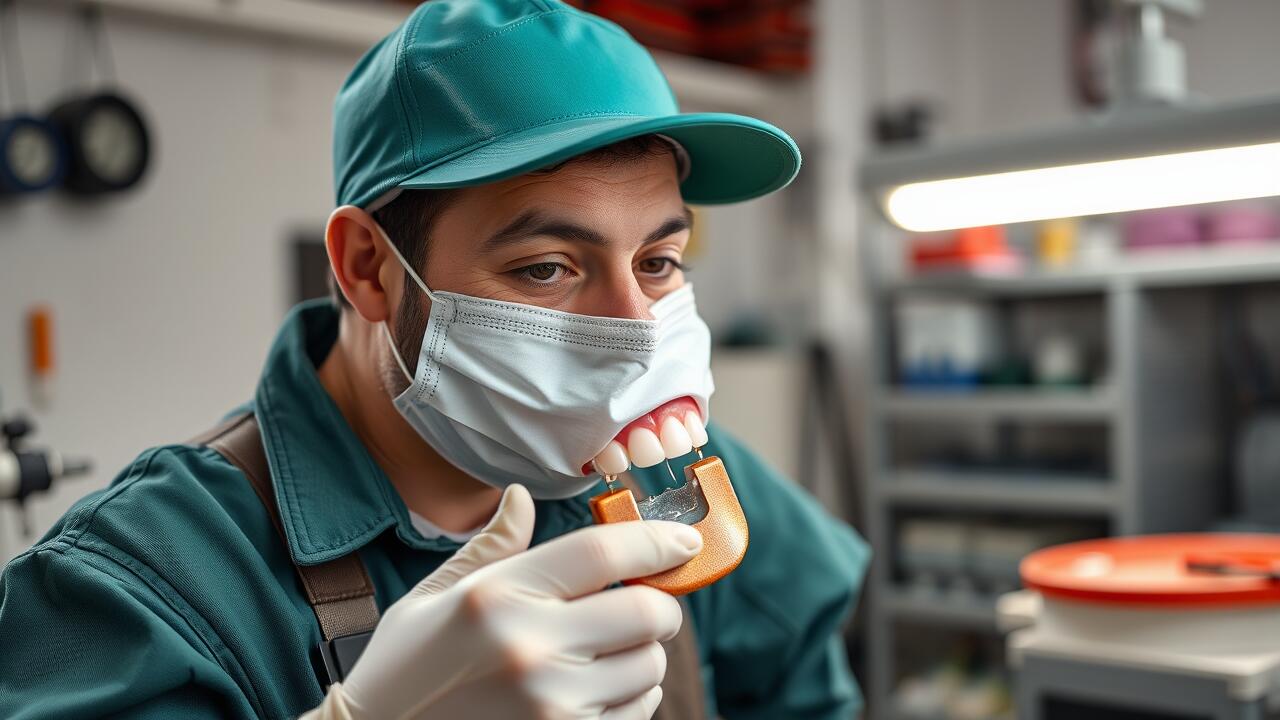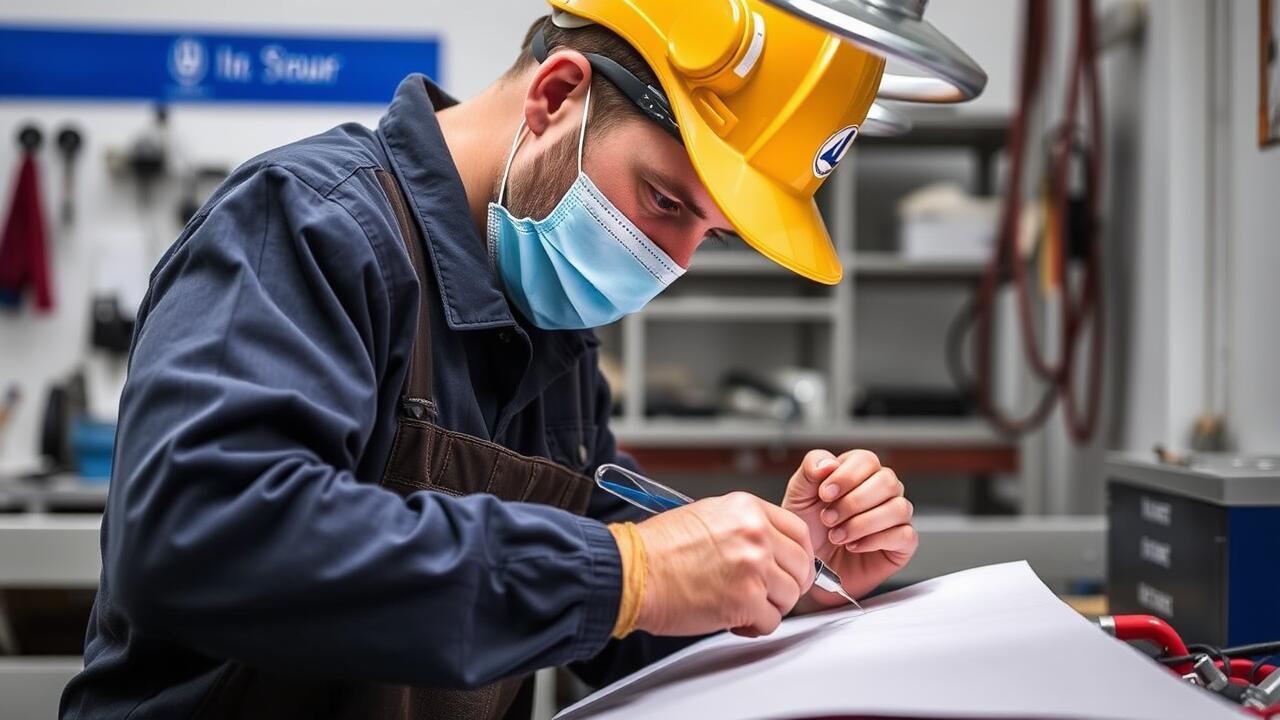
Patient Experiences
Many patients report a sense of excitement and anticipation when beginning their journey with veneers. Initial consultations often involve detailed discussions about the process, allowing individuals to voice their concerns and expectations. Most find that understanding the steps involved alleviates anxiety. For many, the procedure is less daunting than they initially imagined, and modern techniques make the experience quite manageable. Feedback often highlights the professionalism and support provided by dental staff throughout the treatment.
Post-treatment experiences vary among patients but generally include a period of adjustment to the new veneers. Most individuals appreciate the immediate aesthetic improvement and report feeling more confident in their smiles. However, some may experience mild sensitivity as they acclimatise to the veneers. Regular aftercare is crucial, and many patients emphasise the importance of maintaining their new dental enhancements through proper hygiene practices and periodic dental check-ups. Success stories abound, with patients often sharing their positive transformations and newfound comfort with their smiles.
Comfort and Procedural Expectations
Patients often report mixed feelings about the comfort experienced during the veneer application process. Some describe a level of anxiety before the procedure due to uncertainty about pain and discomfort. Many clinics, however, employ local anaesthetics to alleviate any potential pain, allowing the process to be more manageable. Those who have undergone treatment frequently mention the precision of the dentist's techniques, which helps ease concerns about any invasive sensations.
Expectations about the process of receiving veneers can also vary. Initial consultations typically provide detailed explanations, helping to set realistic goals. Patients appreciate clear communication regarding the steps involved, including tooth preparation and the bonding phase. Most individuals find the duration of the procedure shorter than anticipated. Understanding that some time may be required for adjustments and fittings contributes to overall satisfaction with the treatment experience.
Patient Experiences
Many patients reported a range of emotions during their veneer treatment. Anticipation often mingled with nervousness as they prepared for their transformations. The feeling of lying in the dentist's chair while the procedure commenced varied; some described it as surprisingly comfortable, while others felt a degree of unease. Dentists played a crucial role in alleviating concerns by explaining each step, ensuring patients felt informed and reassured throughout the process.
Post-treatment experiences highlighted the importance of aftercare for long-term satisfaction with veneers. Many individuals shared their initial excitement at seeing their new smiles immediately after the procedure. However, they quickly learned about the significance of maintaining good oral hygiene to preserve the longevity of their veneers. Some suggested regular dental check-ups, while others mentioned easy habits like avoiding overly hard foods to prevent damage. The emphasis on aftercare was a common theme among patient experiences, reinforcing that the journey with veneers does not end after leaving the dental clinic.
Tips for Maintaining Veneers
Maintaining veneers is essential for ensuring their longevity and preserving the natural appearance of your smile. Regular dental check-ups play a crucial role in this process, as your dentist can monitor the condition of your veneers and provide professional cleaning to remove any plaque or stains. Patients are advised to follow a consistent oral hygiene routine that includes brushing twice a day and flossing to prevent any potential decay beneath the veneers. Using a non-abrasive toothpaste can also help in protecting their surface from scratches.
In addition to proper hygiene practices, patients should be mindful of their dietary choices to avoid damaging their veneers. Hard foods, such as nuts and ice, can pose a risk of chipping or fracturing the porcelain. Similarly, staining foods and beverages, like coffee, tea, and certain berries, could discolour the veneers over time. Chewing on non-food items, such as pens or fingernails, should also be avoided to maintain the integrity of the veneers. Taking these precautions can significantly extend the lifespan and appearance of your veneers.
Costs Associated with Veneers
When considering veneers, patients often find themselves weighing the costs involved in the treatment. The price of veneers can vary significantly based on factors such as the type of material selected, the complexity of the procedure, and the expertise of the dental professional. Porcelain veneers tend to be on the higher end of the spectrum compared to composite resin alternatives. This makes it essential for prospective patients to conduct thorough research and obtain multiple quotes before making a decision.
Budgeting for treatment requires understanding not only the upfront costs but also potential ongoing expenses. Regular dental visits may be necessary to ensure that the veneers remain in good condition and that any issues are addressed promptly. Additionally, some dental practices offer financing options or payment plans, allowing patients to manage the costs more effectively. It is advisable to take these factors into account to ensure a comprehensive understanding of the financial commitment involved with veneers.
Budgeting for Treatment
The costs associated with veneers can vary significantly depending on various factors, including the number of teeth being treated and the specific dental practice chosen. Patients often report that initial consultations provide clarity on expected expenses, with many clinics offering detailed breakdowns of fees. While some practices may appear more affordable, it's essential to consider the quality of materials used and the expertise of the dental professionals.
Patients should also be aware of potential additional costs that might arise during the treatment process. This can include follow-up appointments and adjustments, especially if complications occur. Budgeting for veneers requires careful financial planning, ensuring that patients allocate sufficient funds not only for the initial treatment but also for future maintenance and regular dental check-ups.
FAQS
What are veneers, and how do they work?
Veneers are thin shells made from porcelain or composite resin that are custom-made to cover the front surface of teeth, improving their appearance in terms of colour, shape, and size.
How long does the veneer treatment process take?
The veneer treatment typically takes two visits. The first appointment involves consultation and tooth preparation, while the second appointment is for fitting and bonding the veneers.
Are veneers painful to get?
Most patients report minimal discomfort during the procedure. Local anaesthesia is often used to ensure comfort, and any post-treatment sensitivity usually subsides within a few days.
How should I care for my veneers after getting them?
To maintain your veneers, practice good oral hygiene by brushing twice a day, flossing regularly, and visiting your dentist for check-ups. Avoid hard foods and habits like teeth grinding to prevent damage.
What is the average cost of veneers in Bristol?
The cost of veneers can vary significantly based on the type of material used and the complexity of the case, but they typically range from £400 to £1,000 per tooth in Bristol.

